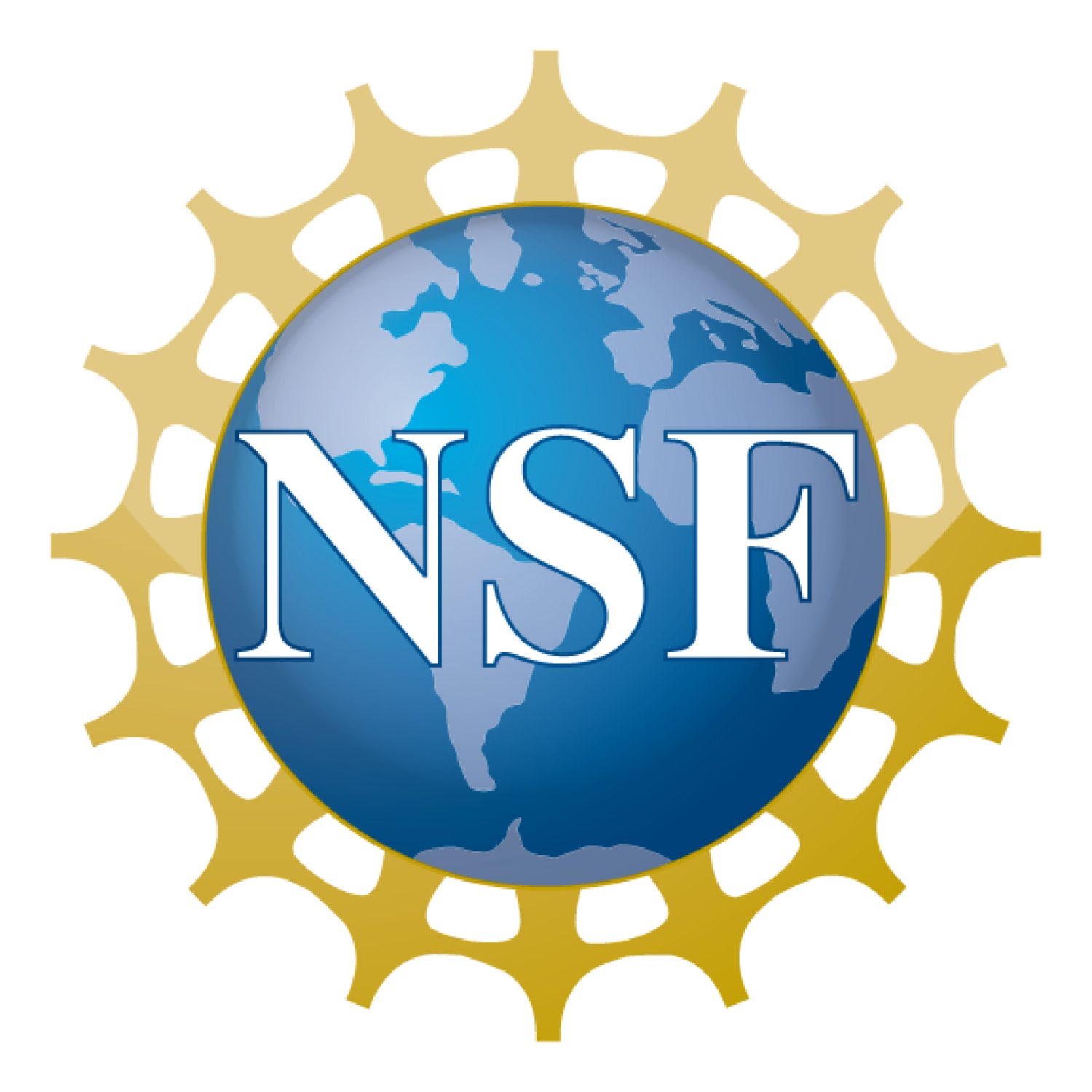Five CU Boulder aerospace students earn major NSF Graduate Research Fellowships

The National Science Foundation has awarded five prestigious Graduate Research Fellowships to University of Colorado Boulder Smeed Aerospace graduate students.
This top award recognize and supports outstanding graduate students from across the country in science, technology, engineering and mathematics (STEM) fields who are pursuing research-based master’s and doctoral degrees.
Honorees Rachel Cueva, Jenny Horing, Ben Kraske, and John Tucker are current aerospace graduate students at CU Boulder. Recipient Caroline Austin is completing her senior year at the University of Alabama and will join CU Boulder as an aerospace PhD student in the fall. Each awardee will receive a $34,000 annual stipend and cost of education allowance for the next three years as well as professional development opportunities.
With 39 awardees in 2022, CU Boulder ranks 10th overall among universities in the United States for graduate research fellowship recipients. In addition, 28 graduate students received honorable mention recognition through this program.

